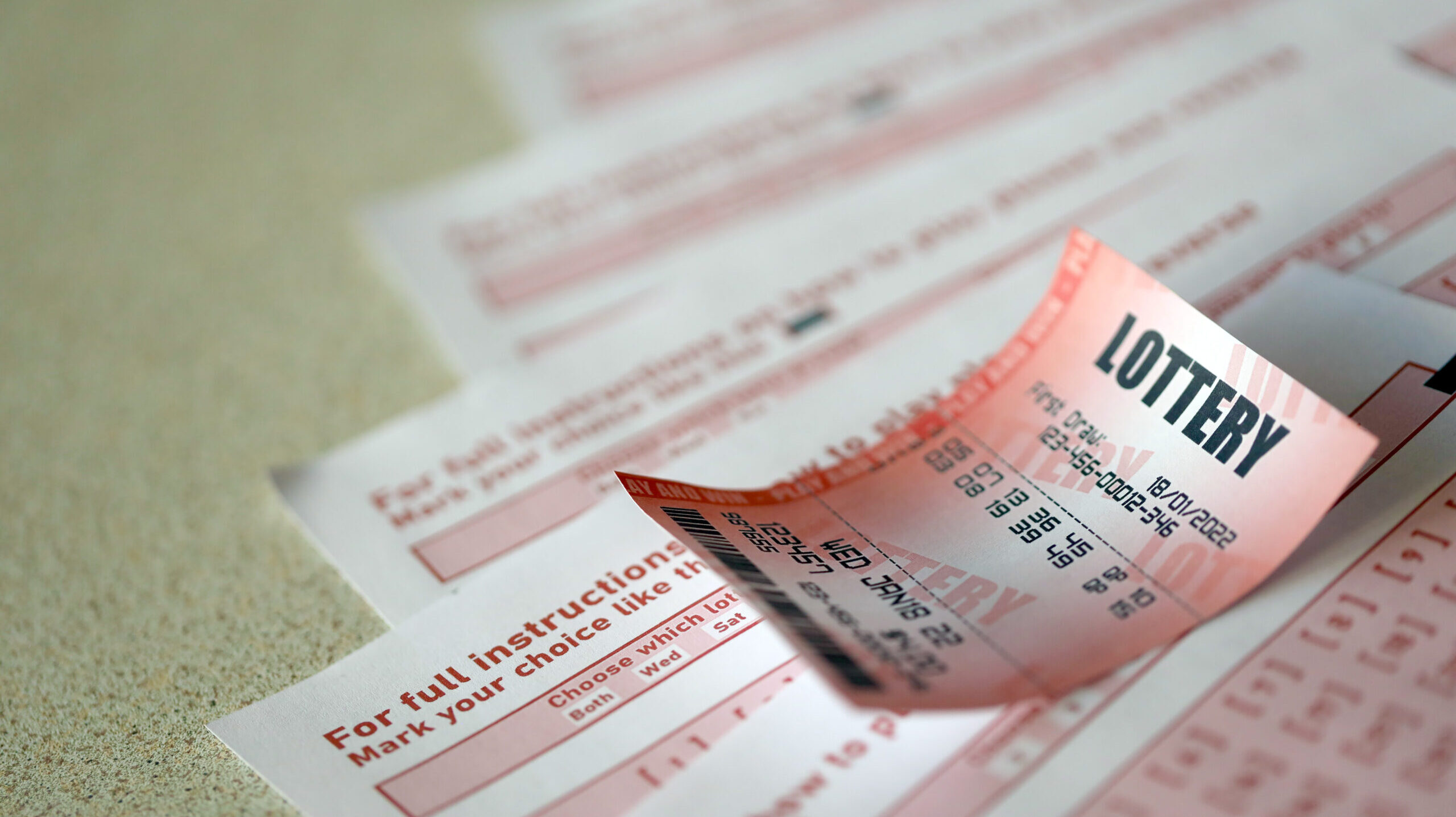|
Getting your Trinity Audio player ready...
|
Gambling legislation is officially headed for a conference committee.
The Alabama House of Representatives voted on Thursday to non-concur on a set of revamped comprehensive gaming bills passed out of the Senate. That action will send the bills to a conference committee, where each house will send a group of lawmakers to attempt compromise legislation.
The decision to non-concur by the House was not surprising. After spending more than a year carefully crafting and passing the comprehensive gambling legislation that would have allowed voters an opportunity to approve a statewide education lottery, up to 10 casino licenses, sports wagering and a gambling commission to crack down on illegal gaming in the state, the Senate ripped the bills to shreds in about a week. It sent back to the House legislation that stripped out full casinos and sports wagering, and somehow reduced projected revenue by more than $700 million annually while still approving the same number of casinos.
The Senate version includes a statewide lottery and authorizes Gov. Kay Ivey to enter into a compact with the Poarch Band of Creek Indians for full casinos on their tribal lands in Atmore, Wetumpka and Montgomery. It also would allow historical horse racing machines (basically scaled down slot machines) to be operated at seven other locations around the state.
The projected revenue falls from $1.2 billion annually from the House version to just $500 million with the senate version. The two versions also differ dramatically in how the revenue is distributed. The House version included massive education spending, including free two-year college tuition for many students, and held provisions for health care and mental health care expansion. The Senate version simply splits the revenue evenly among the general fund, infrastructure and education.
“From the very beginning, we had three key goals with the House’s comprehensive legislation. Those included eliminating illegal gaming operations in the state of Alabama, developing a framework for the taxation and regulation of facilities that obtain licenses through an open-bid process and establishing a lottery that benefits education and education only,” said House Speaker Nathaniel Ledbetter. “If one thing has been made clear throughout this process, it’s that the people of Alabama want and deserve an opportunity to vote on this issue. I am hopeful that members of the House and Senate are successful in finding a compromise that positions them to do just that.”
Ledbetter appointed Reps. Chris Blackshear (the bills’ sponsor), Andy Whitt and Sam Jones to the conference committee to possibly work out a compromise bill with the senate. All three lawmakers spent considerable time working on the gambling legislation and crafting a bill that had widespread, bipartisan support and that worked within the confines of Alabama’s unique and confining gaming laws.
The Senate, however, adjourned on Thursday without appointing members to the conference. That, too, was not surprising to House members, who have been fairly open throughout the process about their anger over the lack of leadership in the senate on this issue. While members haven’t publicly called out Senate President Greg Reed, they have been willing to lob indirect bombs in his direction and offered specific, anonymous criticism.
“When we started this process, Reed pledged his support and promised to work with us, but when it came time to carry through on that every step has been just like this – nothing,” a House member told APR. “You’d think he’d want to get this done. His district is eat up with illegal gambling. It’s one of the worst in our state. But he’s sitting on his hands letting people like Chris Elliott and Sam Givhan dictate what’s happening. It’s going to wind up costing us our best opportunity to fix this problem we’ve ever had, and we’ll never have it again.
“People are going to be so pissed when this fails. I hope they remember the ones responsible.”
While the expected predictions of doom are prevalent – this is, after all, about the 20th consecutive gambling bill to almost get passed – there are those still holding out hope. A number of lawmakers believe there is a pathway forward, even one that includes some form of casino licenses, if concessions are made and certain amendments added.
For example, adding an amendment to the original House legislation that would allow for state operators to get the last and best bid opportunity for casino licenses would have – at one point – secured the support of the Poarch Band of Creek Indians. Sources close to PCI have maintained that if such an amendment were to be added that they could still support the legislation, although it’s unclear whether that support could now generate enough senate votes to get it passed.
“Some folks up here didn’t want to put that amendment on there because they thought it would give the Poarch Creeks a monopoly,” one senator said, with a laugh. “Now we have a proposed bill that guarantees them a monopoly. A lot of what we do defies all logic.”






















































